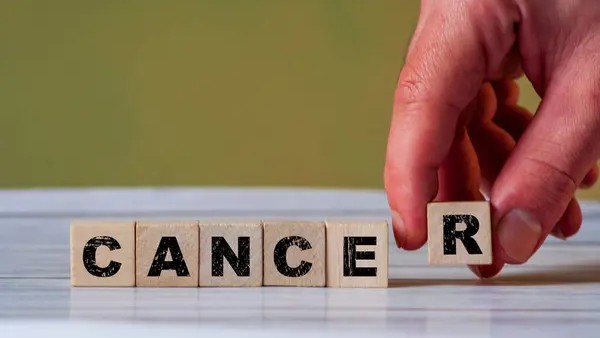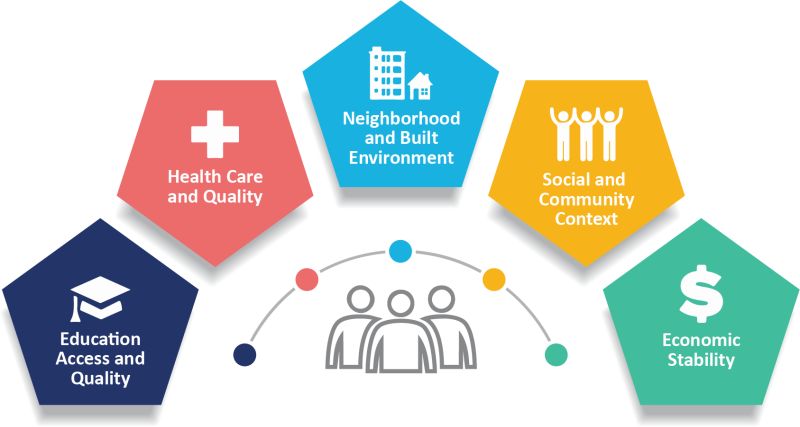
Abraham Adamu: Knowing the Disease, But Not How to Speak
Abraham Adamu, Consultant Clinical Oncologist at Tenadoc, shared a post on LinkedIn:
“She knew everything about her cancer, but not how to escape the consequences of silence!
Last week, I saw a stage four breast cancer patient. It was my first time evaluating her.
She is in her late twenties. She is a hospital staff member. She is deeply informed about her diagnosis and treatments. She is also a mother of two young children: the youngest is two years and eight months old, the eldest just four.
Nine months ago, influenced by her husband’s insistence, she made the heartbreaking decision to forgo medical care in favor of religious healing.
Today, her cancer has spread to her lungs and cervical spine. She wears a neck collar for pain and recently received palliative radiotherapy. We hope she’ll find relief soon.
When her children ask where she is, she gently replies, “I am in hospital.” But they persist. “Please come home tonight!”
She has already arranged for her children to stay with their grandparents, trying to shield them from her suffering. Sadly, she expressed a strong wish to be admitted to a treatment center far from them so they won’t witness her pain. Yet medically, she isn’t a candidate for long-term inpatient care. Her condition is stable and can be managed as an outpatient while living with her family.
When I explained this, she insisted she doesn’t want to disrupt family life. Her husband travels often for work, and she fears her children will suffer psychologically watching her battle a condition she believes will ultimately defeat her.
Frankly, I wasn’t sure what to say. I was saddened by her condition, frustrated by the social system that let her down, and at the same time determined to assist her to the fullest extent possible.
While her overall condition is exceptionally complex, especially with young children involved, it is a challenge that must and can be managed effectively through thoughtful coordination with fellow professionals!
This case isn’t just about cancer biology. It reflects the biopsychosocial model, which shows that health outcomes are shaped by psychological distress, social pressures, and cultural beliefs.
It also echoes the fundamental cause theory, which explains how social factors like economic status, family dynamics, and cultural values can override even the best medical advice.
Despite being informed, she couldn’t act on that knowledge.
Why? Because the forces around her (familial, cultural, and emotional) were stronger than the facts!!!
As clinicians, our duty goes beyond treating disease. We must engage with the full context in which patients make decisions.
When social support for medical care is lacking or conflicted, the consequences extend far beyond the patient. They affect children, families, and communities.
Let us stop treating patients as cases. Let us start seeing them as people shaped by forces beyond biology.
It is time we make biopsychosocial care the norm, not the exception!”

More Posts Featuring Breast Cancer.
-
Challenging the Status Quo in Colorectal Cancer 2024
December 6-8, 2024
-
ESMO 2024 Congress
September 13-17, 2024
-
ASCO Annual Meeting
May 30 - June 4, 2024
-
Yvonne Award 2024
May 31, 2024
-
OncoThon 2024, Online
Feb. 15, 2024
-
Global Summit on War & Cancer 2023, Online
Dec. 14-16, 2023
